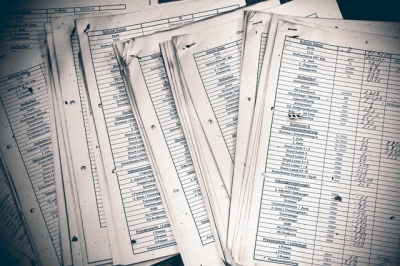2 Ways to Give Your Dying Company a New Life

Liquid assets are considered as the fuel to run a business. If your business runs short of cash or most liquid assets, then it can be an alarming situation for the business.
You must take immediate measures to bring back your cash level to the satisfactory level otherwise there’s a chance that your business may collapse.
Most of the times the debtors are considered the liquid assets as they can be encashed at the short term, but most of the financial experts believe that if the credit term is 60 or 90 days, then the debtors should not be considered as liquid assets.
Well, whatsoever the financial expert says, the fact is, you need cash to keep the business running as it’s the only form of the asset by which you can meet the daily needs of your business.
And you must have that at the certain level. If your debtors are not paying you and you are going at the lower level, then you should start considering about some precautionary measures before it’s too late.
#1 Maintain a Certain Level of Liquidity
We have seen so many businesses, some well-established businesses which drowned just because they failed to keep the liquid cash to a certain level and they couldn’t perform the required operations, and they kept waiting for the payments from their debtors and clients.
Their wait killed their business, and finally they had ruined their reputation in the market, and finally, they had to close the business because no one was there to trust them anymore and they could not get any investment.
Don’t let this situation to come before you if you are an entrepreneur. You can get the assistant from some financial expert, or you may get some short-term loan.
But in both the cases, you may need to bear some cost, and you may not get instant cash. There’s another way to get the ready cash if you have good debtors in the basket with good credit history. Let’s discuss that handy tool or resource a little in detail.
#2 Factoring Company – A Timely Support
You might have heard the term Factoring Company, or if you are residing in the United Kingdom, then you might have come across the term factorizing or factorizing company.
A factoring company or the factor is the firm or person who ‘at certain terms and conditions’ agreed to buy all of your receivable accounts. Once the deal is done, they pay you about 80% to 90% amount of your receivable accounts in the form of cash.
The remaining 10% to 20% is paid to you once they get all the payment from your clients or debtors. Hence you get enough cash to keep your business going.
As remuneration or consideration, they ask you to agree that you will sell them the receivable accounts at a discounted price.
That discount is the profit they are going to earn when all the debtors would have paid them the pending or due payments. For example, if all of your debtors or clients have to pay you $10,000 as a whole, i.e., the total of receivable accounts, then a factoring company may agree to buy all these receivables at the price of $9,800.
This remaining $200 will be the profit for the factoring company once they get all the payments. In other words, you are paying $200 to save your business, and this cost is not so high if you consider.
Have you used these methods to help your business and save it from dying? Share your thoughts below.





